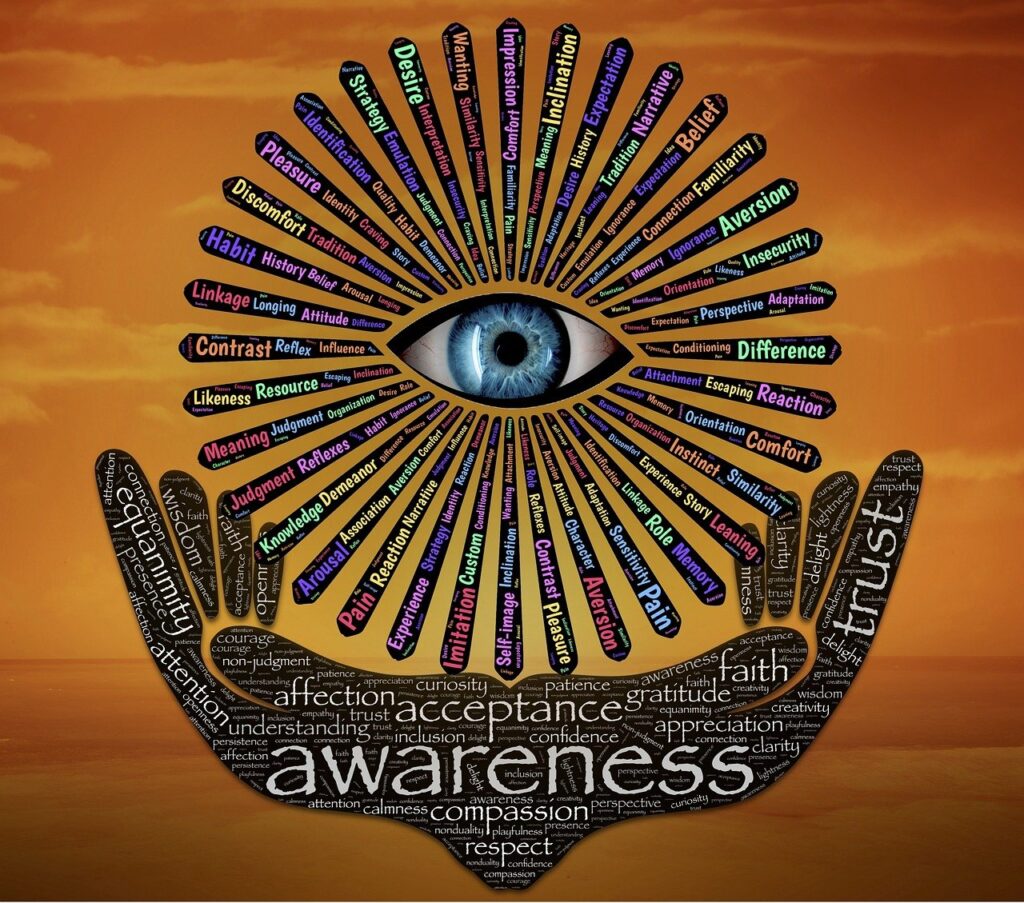Rediscovering the Core Self: The Key to Joy, Meaning, and Addiction Recovery
In the journey of addiction recovery, understanding the concept of the “core self” is transformative. It can significantly impact one’s ability to find lasting joy and meaning in life. This exploration helps differentiate between the “social self” and the “core self,” understanding identity development, and how anchoring to one’s core self can catalyze profound changes.
The Social Self vs. The Core Self
The “social self” refers to the aspects of our identity shaped by social interactions and societal expectations. It includes the roles we play, the masks we wear, and the adjustments we make to fit into various social circles. While necessary, the social self is often a reflection of external influences more than internal truths.
In contrast, the “core self” is our true, intrinsic identity. It encompasses our deepest values, passions, beliefs, and desires. It is stable and persists regardless of external circumstances. The core self is authentic and genuine, representing who we truly are at our deepest level.
Identity Development and the Core Self
Identity development is a dynamic process influenced by both internal dispositions and external social contexts. During early development, identity is malleable and heavily influenced by external feedback. However, as we mature, there’s an internal shift towards self-discovery, where one seeks to understand and align with their core self.
For those in addiction recovery, reconnecting with the core self can be particularly challenging. Addiction often leads to a loss of connection with the core self, as the social self adapts to sustain the addiction, often at great personal and moral cost. Recovery involves stripping away these adaptations to rediscover and reconnect with the core self.
Purpose, Joy, and Meaning through the Core Self
Engaging with one’s core self can significantly promote joy and meaning in life, especially in the context of recovery. When individuals understand their core values and align their lives with these principles, they experience a greater sense of purpose and fulfillment.
For example, if someone values creativity, finding ways to express this in daily life can provide profound joy and satisfaction. Similarly, if someone values service, engaging in volunteer work can enhance their sense of purpose and connection to others. In recovery, such alignment is crucial because it replaces the void that substances once filled and offers a positive framework to structure one’s life around.
Anchoring Life Changes in the Core Self
In addiction recovery, the journey back to the core self is both a goal and a guiding principle. It requires honest self-assessment, a willingness to confront painful truths, and the resolve to make substantial life changes. Here, therapeutic practices such as mindfulness, meditation, and cognitive-behavioral therapy can be invaluable. They help individuals differentiate between behaviors aligned with their social self and those true to their core self.
Moreover, recovery is often about change, and anchoring these changes in the core self ensures they are meaningful and lasting. By understanding one’s core self, a person can make choices that truly reflect their deepest desires and values, rather than fleeting impulses or external pressures. This alignment creates a strong foundation for enduring recovery, reducing the likelihood of relapse and increasing overall life satisfaction.
Conclusion
For those recovering from addiction, the journey towards rediscovering the core self is challenging yet deeply rewarding. It offers a pathway out of the shadows of addiction and into a life filled with deeper purpose, joy, and meaning. By distinguishing between the social self and the core self, and prioritizing the latter, individuals can anchor life changes in what truly matters to them, fostering both recovery and a profound sense of personal fulfillment.
In essence, the core self not only defines who we are but also who we can become, serving as both anchor and compass in the voyage of recovery and beyond.


